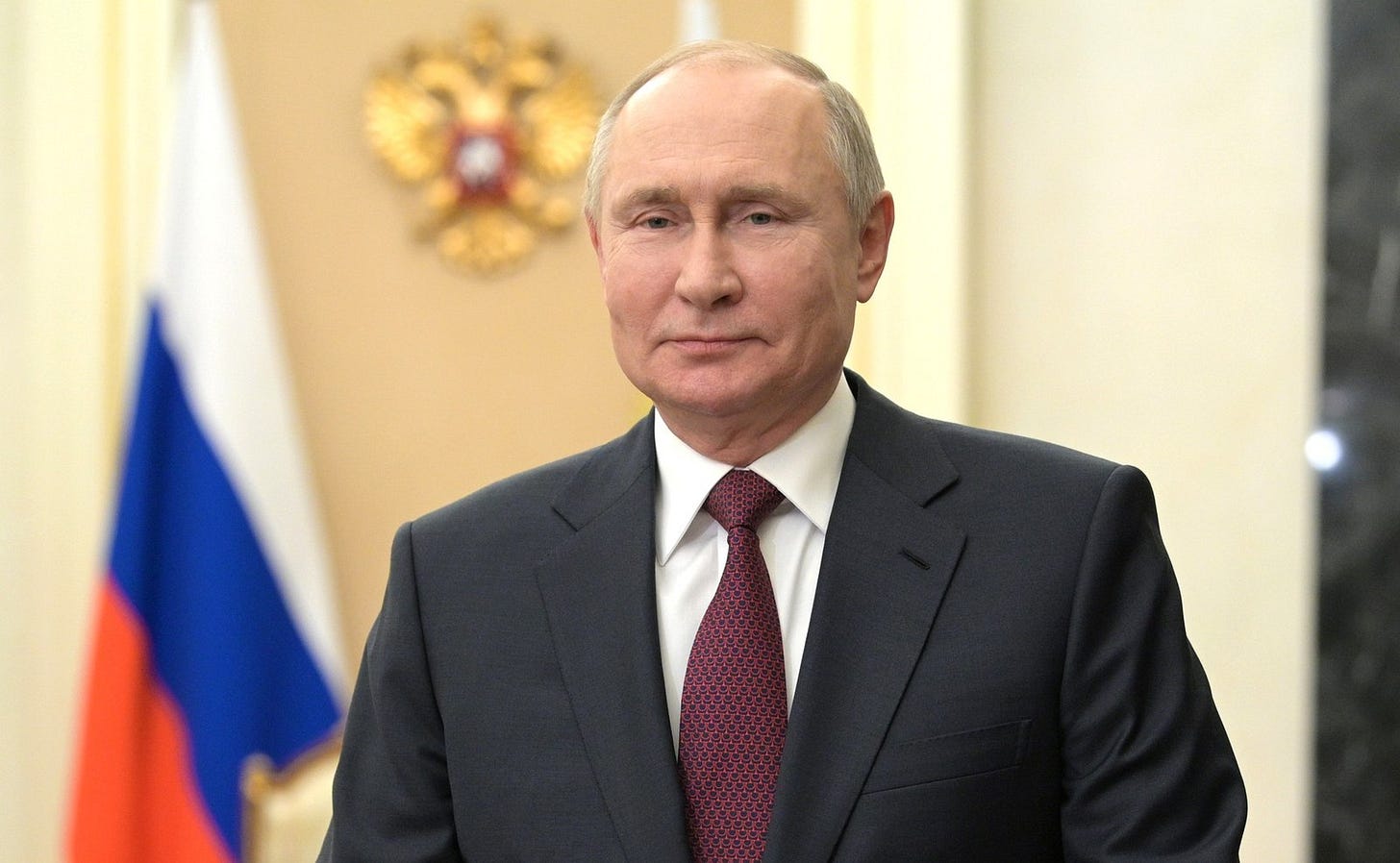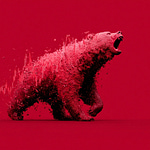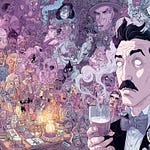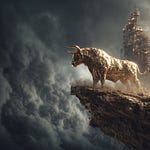My apologies if you have received this twice. Cock up at HQ.
Over a Zoom call earlier in the week, I heard some people discussing the “Russian Davos” which they had attended back in June.
I didn't even know such a thing existed, such is my Western, Ptolemaic view of the world. (Ptolemaic, by the way, to save you having to look it up, means you think you are at the centre of the universe, and everything revolves around you).
So the Russian Davos, or as it’s properly known, the St Petersburg International Economic Forum, held in June, is an annual event that began in 1995 to signal the (then) new Russia. It would attract global political leaders, business titans, finance bigwigs and all the usual shizzle.
The event went ahead this year, though, for obvious reasons, the VIP headcount was significantly down. Gone were the likes of (once) German chancellor Angela Merkel, ECB chief Christine Lagarde, Goldman Sachs' Lloyd Blankfein, Citi's Vikram Pandit and ExxonMobil's Rex Tillerson. Top billing went to presidents of Egypt (via video link), Kazakhstan, Armenia and other allied states.
There were representatives from the likes of China, India, Iran, Serbia, Turkey, Venezuela, Egypt, Belarus, Central African Republic, Nicaragua and the United Arab Emirates. Quite a collection. Non-Western nations that have not imposed sanctions had greater prominence.
The Western economy has been shaped by cheap commodity prices
The official title of the forum was "New Opportunities in a New World", and the recurring theme was how to improve trade between non-Western powers in a US dollar controlled world of sanctions.
"A new form of international cooperation: how will payments be made?" was the title of one such talk. Time and time again the conversation came back to a new, non-Western international currency.
Which brings me to the second strand of thought that makes up today’s piece: the latest contribution from Credit Suisse analyst, Zoltan Pozsar.
Pozsar has long since argued that Bretton Woods III, a new world monetary order, is happening before our eyes and that new money systems east of Europe will be based around commodity-based currencies.
In his latest, War and Industrial Policy, Pozsar, who I am fast becoming a fan of, argues that there were three forces that shaped the western economy before Covid - cheap immigrant labour, cheap Chinese goods and cheap gas.
Such a trinity is no longer possible in a world in which international trust is fast evaporating.
“The “cartoon” version goes like this: China got very rich making cheap stuff, and then wanted to build 5G networks globally and make cutting-edge chips with cutting-edge lithography machines, but the US said “no way”. As a result, Chimerica is going through a messy divorce. The two sides don’t talk anymore.”
Meanwhile, “Russia got very rich selling cheap gas to Europe, and Germany got very rich selling expensive stuff produced with cheap gas.” Those two sides aren’t talking any more either.
“Chimerica does not work anymore and Eurussia does not work either,” he says and now, in the divorce, it seems Russia and China are “getting it on”. Meanwhile, out west, QE and zero interest rate policies are no longer possible in a world without cheap Chinese and Russian exports.
There is now a rush to regain control of key technologies, especially microchips, and key commodities, especially oil and gas (and soon in my opinion metals and grains). Pozsar adds straits to the key list - the Taiwan Strait, the Strait of Hormuz, and the Bosporus Strait.
“I think that four themes (re-arm, re-shore, re-stock, and re-wire the electric grid) will be the defining aims of industrial policy over the next five years … the global order is at stake.”
Inflation or not, high rates or not, there is a commodity-intensive demand shock coming that “could easily drive another commodity super-cycle.”
So to the third strand. “The issue of creating an international reserve currency based on a basket of currencies of our countries is being worked out,” Vladimir Putin said last month.
In this regards we have former Kremlin adviser, now Minister in Charge of Integration and Macroeconomics of the Eurasia Economic Union (EAEU), and an influential economist, Sergey Glazyev. He is, according to some reports, supervising the adoption of a new money system for the EAEU and China. “The world’s new monetary system, underpinned by a digital currency, will be backed by a basket of new foreign currencies and natural resources”.
“A currency like this can be issued by a pool of currency reserves of BRICS countries, which all interested countries will be able to join. The weight of each currency in the basket could be proportional to the GDP of each country (based on purchasing power parity, for example), its share in international trade, as well as the population and territory size of participating countries.
In addition, the basket could contain an index of prices of main exchange-traded commodities: gold and other precious metals, key industrial metals, hydrocarbons, grains, sugar, as well as water and other natural resources.”
You can bet your bottom dollar that many of China and Eurasia’s brightest minds are plotting such a system, but it’s a lot easier said than done. Apart from anything else there is the issue of storing all these commodities. Not all of them keep. Others take up a lot of space. Which is why, in the past, gold alone has been used to back money. It keeps very well and you don’t need a lot of space to store it.
The bullish backdrop for commodity prices
Russia and China both have lots of gold - we have long argued that China’s gold reserves are ten times what they say they are. It would be a lot easier to use a gold-backed international currency. Or, well, gold.
But governments everywhere, whether controlled by tyrants or technocrats, are always going to want to maintain the option to print, debase and manipulate, so gold alone is unlikely. But you never know. It works as an international money.
Against this highly-bullish-for-commodities backdrop, we have a situation here in the west that looks like the dead cat bounce in stocks is now over, and the bear is again gnashing his teeth.
That teeth gnashing has extended to commodities, be they metal, fuel or grain, and now, once again, there is a rush for the exit. The main priority is to preserve capital, not positions. The price action - certainly in metals, less so in oil and gas - has the hallmarks of a bear market, not a supercycle.
I keep saying these markets are difficult. But they are. While there is a liquidity squeeze all bets are off. But at a certain point, to my eyes at least, it looks like commodity prices are going to rocket. If only I knew when.
To hedge yourself and buy gold or silver, check out the Pure Gold Company.
I will be performing my lecture with funny bits, How Heavy?, about the history of weights and measures at the Museum of Comedy in London on September 28 and 29. You can buy tickets here. Please come along. You will not be disappointed. It is a surprisingly interesting and entertaining subject.
This article first appeared at Moneyweek.













